I am trying to solve the following problem and was wondering what is the best approach to apply?
I'd like to setup a versioned communication via ZeroMQ, which effectively means that any client first makes a handshake stating the version of its messaging protocol and than all subsequent requests are forwarded only to specific set of workers, i.e. the ones which can understand this protocol.
I saw the example of Router/Dealer but there forwarding occurs always to all workers.
IMO this is something like a session, which is established based on handshake and all future requests are made in a particular context. Can this be done with ZeroMQ?
I understand that I can send back some ID to the client and ask it to put in all future requests, but would like to avoid that kind of intrusiveness.
Just a side note: I implement this approach in C++. I don't mind if you answer represents a general idea taking in account features available in either in ZeroMQ C API or cppzmq wrapper. No need to write a fully fledged solution, just how it might be done.
